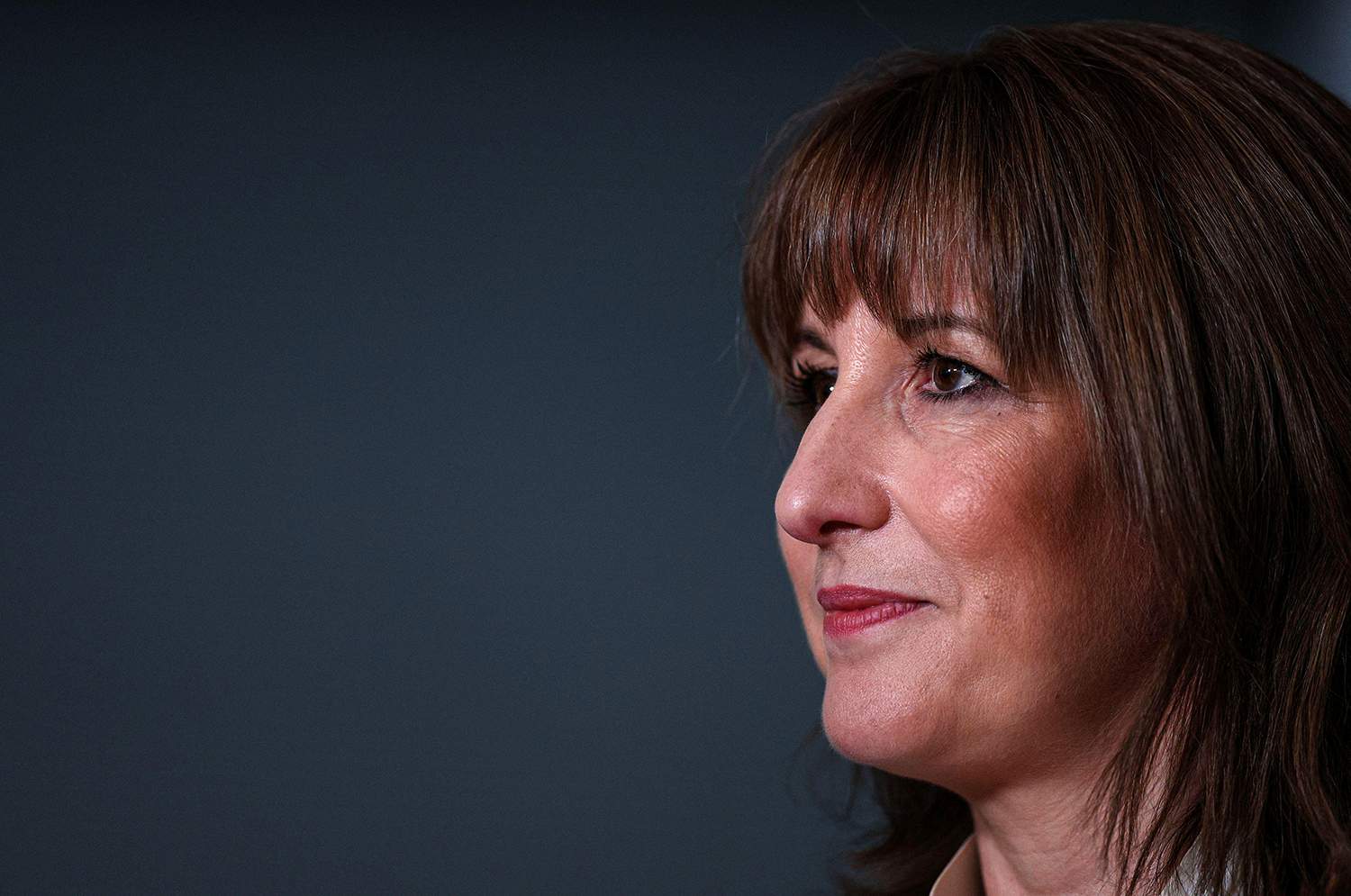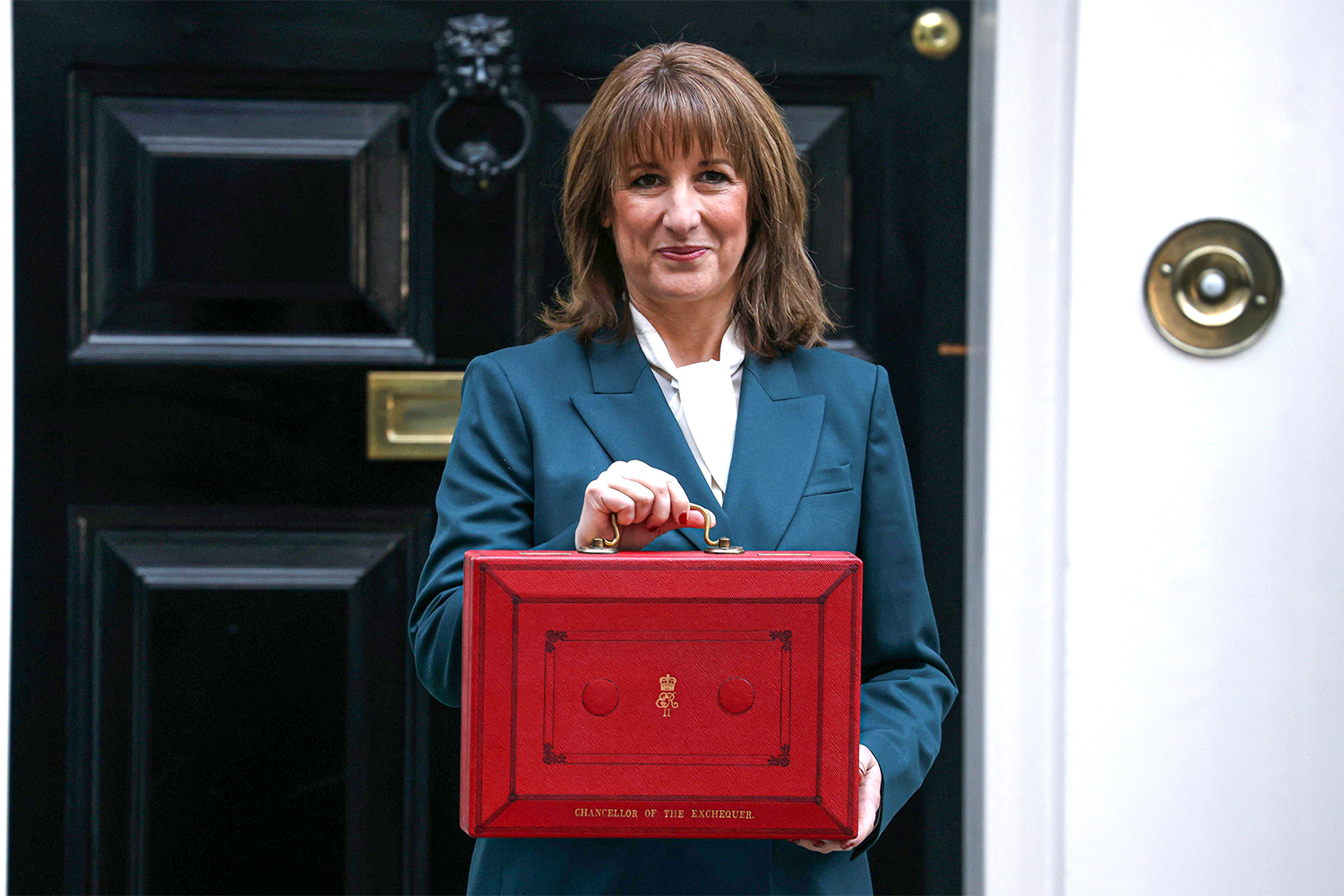
Read our Monthly Magazine
And support our mission to provide fearless stories about and outside the media system
It is often the case that events of expected high political drama fail to live up to billing. For weeks, we have been told that today’s Budget was a make-or-break moment for the chancellor, the Government and the economy. The speculation over what might be in it has been leading the news for months, fuelled by ridiculous – indeed disgraceful – amounts of Treasury kite-flying. Labour MPs feared manifesto-busting tax rises, the Conservatives salivated at the prospect of a Liz Truss-style market meltdown, while the City watched in horror as share and bond prices swung wildly in response to every rumour. Indeed one outraged City grandee told me that he thought Treasury ministers and officials should be charged with market abuse.
Yet the reality is that the budget itself was something of a damp squib – and not just because the Office for Budget Responsibility managed to publish the entire contents half an hour before the chancellor delivered it. It turned out that the OBR really did come to Reeves’s rescue with a much better fiscal forecast than anyone had expected, enabling the chancellor to duck hard choices.
Higher tax revenues as a result of higher wages offset much of the impact of a downgrade to productivity forecasts to take account of the damage from Brexit and the global financial crisis. This is what enabled her to suddenly abandon a planned 2p rise in income tax just days after she had held a breakfast press conference to roll the pitch for it. In fact, the OBR reckoned that, even after previous U-turns on welfare spending cuts since last year’s budget, she was still on track to meet her fiscal rules with £4 billion to spare.
That result was that Reeves was able to scrap the two-child benefit cap at a cost of £3 billion a year – as demanded by Labour MPs – while raising taxes by much less than expected tax – and still increase her headrooom under her fiscal rules to £22 billion. That is more than twice the safety margin that she left herself with after last year’s budget.
True, the £26 billion of tax rises that she announced are still the third highest of any budget since 2010 and will raise the tax burden to 38% of GDP, an all-time high. But the bulk of those tax rises will come in the form of freezes in personal allowance for three years after 2028. Other measures that will not kick in for several years include a new road pricing charge for electric vehicle drivers, a reduction in the tax perks for some pension savers, and higher taxes on rents and dividends to bring them in line with other forms of income.
Nonetheless, backdating tax rises to pay for higher welfare today is not without risks. According to Deutsche Bank, 47% of the tax rises will not come until the last year of the current parliament. Reeves will be hoping that an expected 0.4 percentage point reduction in inflation as a result of budget measures to reduce the cost of living will enable the Bank of England to cut interest rates faster than expected, while the increased headroom will convince the bond markets to reduce the one percentage point risk premium that they currently add to gilt yields. And of course, she will be hoping that something will turn up between now and 2028 that will enable her to avoid going into the next election with one in four people paying higher rate tax. As the OBR notes, an AI-driven productivity boom could give her more than £50 billion of headroom by the election, giving her plenty of scope for pre-election giveaways.
ENJOYING THIS ARTICLE? HELP US TO PRODUCE MORE
Receive the monthly Byline Times newspaper and help to support fearless, independent journalism that breaks stories, shapes the agenda and holds power to account.
We’re not funded by a billionaire oligarch or an offshore hedge-fund. We rely on our readers to fund our journalism. If you like what we do, please subscribe.
Yet Reeves is leaving a lot to chance. Even her newly-increased headroom is only 75% of the average under previous chancellors, leaving her vulnerable if growth turns out worse than projected. What’s more, even under the OBR’s rosy assumptions, the UK will still have at the end of this parliament one of the highest debt to GDP ratios of any advanced economy, a higher budget deficit at 2.5% of GDP than most advanced economies have today, and will be paying a higher percentage of government revenues on debt interest than any country other than America.
What Reeves has done is buy herself some time, with her party and the bond markets. But she may not have done enough to remove the bond market’s doubts about Britain’s willingness to bring its debts under control, not least because borrowing will actually go up for the next four years. Her decision not to raise income tax may prove a costly mistake. It wouldn’t take much to wipe out that headroom – an AI crash, for example – sending her back to square one. Of course, if Labour does have to raise taxes for a third time, it will surely be under a different chancellor.

